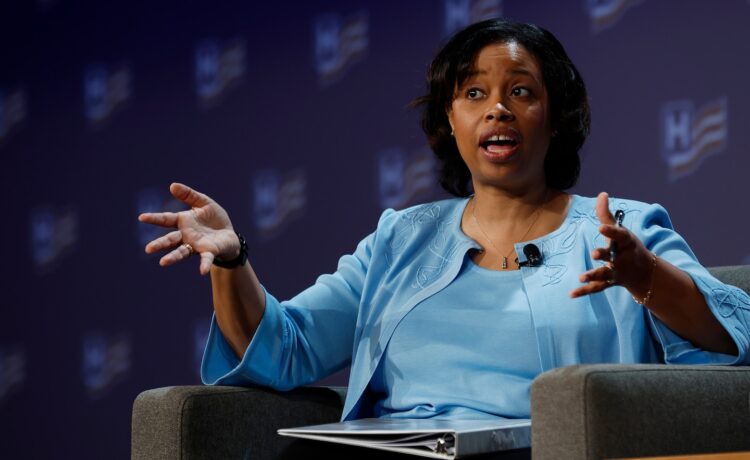“CMS looks forward to continuing to support the provider community during this difficult situation,” the agency said in a statement, laying out eligibility requirements for providers seeking the emergency funds. CMS and its parent agency, the Department of Health and Human Services, have also encouraged private health plans to expedite payments and take other steps as the U.S. health system reels from weeks of unpaid bills.
Lawmakers and physicians on Saturday said that emergency funding would offer sorely needed financial relief to physician groups and other health-care providers that have rapidly exhausted their cash reserves and are struggling to meet payroll. Members of Congress and the health-care industry had panned federal officials for not making more help available for physicians and suppliers, saying that the smaller organizations needed emergency aid more than deeper-pocketed hospitals.
“The opening up of Medicare Part B will directly help our doctors on the front lines of this crisis who for weeks have been seeing unpaid bills pile up, threatening their ability to stay open and continue providing care to patients,” Senate Majority Leader Charles E. Schumer (D-N.Y.) said in a statement on Saturday. Schumer and other members of Congress — including Reps. Ami Bera (D-Calif.) and Larry Bucshon (R-Ind.), who are physicians — had pressed federal health officials to make more aid available to doctor groups.
“It’s going to help significantly,” added Farzad Mostashari, the CEO of Aledade, the nation’s largest network of independent physician practices. Mostashari had previously warned that as many as 25 percent of physician practices were in financial distress.
UnitedHealth had previously announced that it would make emergency payments available to health-care providers affected by the Change Healthcare hack, but physicians have said the offers are insufficient. Some doctors who are waiting for hundreds of thousands of dollars in bills to be paid have reported receiving offers of several hundred or a few thousand dollars.
Health care leaders on Saturday called on Congress to take more actions to address the ongoing crisis, such as mandating that other private-health plans also advance emergency funding to physicians, hospitals and other providers. Medicare officials had encouraged the plans to do so but lacks the statutory authority to compel them.
“The CMS leadership thinks that these health plans should be stepping up to help us keep patient care rolling and care available,” said Chip Kahn, CEO of the Federation of American Hospitals, a trade group representing for-profit hospitals. “Health plans seem to have not gotten the memo.”
While UnitedHealth on Thursday announced a timeline to bring its network back online, saying that it expects to begin testing and reestablishing its claims network on March 18, Kahn and other leaders said they were still bracing for weeks of continued disruption.
“Just having the system initially restored doesn’t mean that claims are going to be flowing, or that payments are going to be flowing, potentially for weeks,” Mostashari said. “I worry a little bit that people are going to look at that announcement and say, ‘Oh, on March 18th, money will be in my bank account.’ That is not the case.”














